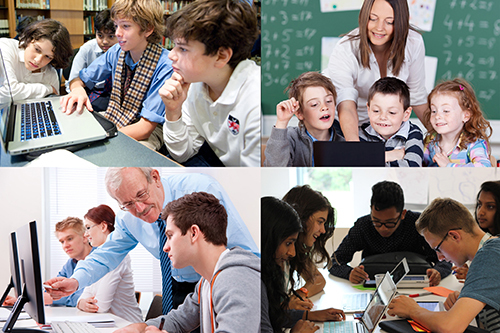
Our world is interconnected. We no longer live in isolated communities. More than ever before we are part of a global community. The social media innovations making this connectivity easier with each day that passes are also being used to enhance learning.
Küresel Öğretmen Blogcular gibi teknoloji entegrasyonu gibi alanlarda öncü ve yenilikçi olan, matematik koçluk, özel eğitim, bilim talimatı, ve cinsiyet eşitliği. Onlar okulları kurduk, yazılı müfredat, ve led derslik olarak 13 Yeryüzünde her nüfuslu kıtada streç farklı ülkeler. Bu öğretmenler güçlendirmek ve akla gelebilecek neredeyse her kökenli gençlerin yaşamlarını zenginleştirecek.
Bugün Eğitim Global Arama, En Çok Küresel Öğretmen Blogcular bu ayki soruya verdikleri cevaplar paylaşan: What are the best examples you have seen of teachers using social media to enhance learning?
Maarit Rossi (@pathstomath) from Finland says her school has partnered with the YLE’s (Finnish Broadcasting Company) News Class. It’s all part of a media education project in which students learn about journalism “under the guidance of professional journalists.” Maarit explains it’s a win-win situation for all. Teachers are able to have access to great resources and students get real world media experience. As for YLE, they “get a new dimension to their operations, the young people’s perspective of the world’s phenomena.” Devamını Oku.
Your students are already caught in social media – so how do you compete for their attention? You don’t – just find them there! elisa Guerra (@ElisaGuerraCruz) from Mexico does just that. One of her amazing projects: she teamed up with a music teacher in New York and many adventures later, live concerts were held miles from each other. Skype, FaceTime and LiveStream all played a role. “Our Concert was far from perfect, but our audiences exploded in applause….” Devamını Oku.
Referred by Todd Finley (finleyt) is Gerard Dawson (@GerardDawson3) from New Jersey who highlights the ways Twitter can be used to build a culture of reading among teachers and staff as well as among students. One example: his school librarian Amy gave each teacher a sign for their doors on which to post the book they were currently reading along with the unique hashtag: #HHSReads. The hashtag has become a place for teachers to share and discuss their books. Twitter can also be used by students to share and recommend books. Devamını Oku.
Dana NARVAISA (@dana_narvaisa) recommends the perspectives of Oskars Kaulens (@Oskars_Kaulens) who discusses the benefits of blogging. Blogging motivates students to share their opinions on various topics. Blogs help develop writing skills and create online discussion. “They learn to be polite and be responsible for what they write online. My students have created culture diaries (online blogs) to write short references on cultural events they have attended.” Devamını Oku.
Global Poetry Unites is all over Twitter right now for National Poetry Month, and Vicki Davis (coolcatteacher) Camilla, Georgia points out “…classrooms are participating from everywhere! Just look at the hashtag #ClrPoem on Twitter and you’ll see lots of kids involved in the current challenge to write a poem using the color red.” Check this out plus 9 other cool things Vicki has seen educators doing. Devamını Oku.
Warren Sparrow’s (@wsparrowsa) school in South Africa has produced a learning platform for all students, which allows them to create their own social media accounts that the school can monitor, and to administer rights to the various learners. Students have the option to use either Google Apps for Education or Microsoft Office 365. They have managed to use a single sign-on so that “the students do not have to worry about logging onto the one account and then having to log into a different account to change platforms.” Devamını Oku.
Miriam Mason-Sesay (@EducAidSL) based in Sierra Leone reminds us that not all schools around the world have the good fortune to be able to use social media in a classroom setting yet. “With so many schools both in urban and rural settings lacking even the most basic amenities: toilets, blackboards, enough exercise books etc., the means to get online and participate in the global conversation about anything is well out of reach of even the most committed educators.” So what did EducAid’s teachers do during the Ebola crisis to engage youngsters with their education while schools were shut? Devamını Oku.
Rashmi Kathuria (@rashkath), hailing from India, talks about the benefits of using closed Facebook groups to enhance learning. Students and teachers are able to “share important questions, post assignments, create discussions and share useful weblinks for learning a particular subject. Her yıl, I create a closed group with my students for doing the same.” Devamını Oku.
Blogger at Large Beth Holland (brholland) recommends we check out Meghan Zigmond’s (@MeghanZigmond) blog. And Zigmond really likes Pernille Ripp’s Global Read Aloud which connects classes through social media. “When a class participates they are invited to read books on a schedule, tweet their thinking, and even participate in chats on Twitter. Designated hashtags are an amazing way to facilitate this. Check out last year’s tag of #GRAAmy to see examples”. Devamını Oku.
Craig Kemp (mrkempnz) highlights the value of Ed-Chats. Teachers are becoming more and more engaged in online chats through Social Media tools such as Twitter. During these online chat sessions, educators from all over the world can come together to discuss a topic, sharing resources, mal, links etc. “This learning gets transferred directly into their learning environments and spread to improve student learning opportunities.” Devamını Oku.
Nadia Lopez (@TheLopezEffect) shares the story of Julia DeCoteau, a 7th grade teacher at Mott Hall Bridges Academy who used social media to execute a non-fiction unit of study based on the book Ben Malala duyuyorum. The book tells the story of Malala, the remarkable young woman who was nearly killed because she advocated for girls to have access to education in areas like Pakistan. Bayan. DeCoteau believed her students would be able to empathize with Malala’s story “because of their own experiences with daily violence and lack of equity that exist in a poor community such as Brownsville, Brooklyn.” Just prior to beginning the unit, loss of funding impacted the purchasing of the Malala books and it was at this point that social media became an essential tool. Devamını Oku.
En Küresel Öğretmen Blogcular dünya teklif karşısında eğitimciler benzersiz henüz deneyimli günümüzün en önemli konulardan alır aylık dizi. CMRubinWorld Bizim öğrenme kurumlarının en vazgeçilmez insanların seslerini yaymak için bir platform kullanır, öğretmenler.
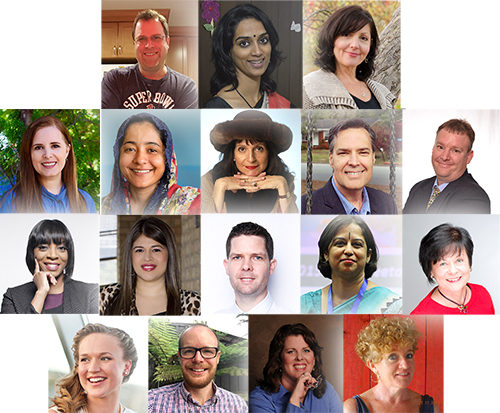
Warren Sparrow
Rashmi Kathuria, Maarit Rossi
(Tüm fotoğraflar CMRubinWorld nezaket vardır)
Sir Michael Barber dahil bana katılın ve dünyaca ünlü düşünce liderleri (İngiltere), Dr. Michael Blok (ABD), Dr. Leon Botstein (ABD), Profesör Clay Christensen (ABD), Dr. Linda Darling-Hammond (ABD), Dr. MadhavChavan (Hindistan), Profesör Michael Fullan (Kanada), Profesör Howard Gardner (ABD), Profesör Andy Hargreaves (ABD), Profesör Yvonne Hellman (Hollanda), Profesör Kristin Helstad (Norveç), Jean Hendrickson (ABD), Profesör Rose Hipkins (Yeni Zelanda), Profesör Cornelia Hoogland (Kanada), Sayın Jeff Johnson (Kanada), Bayan. Chantal Kaufmann (Belçika), Dr. EijaKauppinen (Finlandiya), Devlet Bakanı TapioKosunen (Finlandiya), Profesör Dominique Lafontaine (Belçika), Profesör Hugh Lauder (İngiltere), Rab Ken Macdonald (İngiltere), Profesör Geoff Masters (Avustralya), Profesör Barry McGaw (Avustralya), Shiv Nadar (Hindistan), Profesör R. Natarajon (Hindistan), Dr. PAK NG (Singapur), Dr. Denise Pope (ABD), Sridhar Rajagopalan (Hindistan), Dr. Diane Ravitch (ABD), Richard Wilson Riley (ABD), Sir Ken Robinson (İngiltere), Profesör Pasi Sahlberg (Finlandiya), Profesör Manabu Sato (Japonya), Andreas Schleicher (PISA, OECD), Dr. Anthony Seldon (İngiltere), Dr. David Shaffer (ABD), Dr. Kirsten Sürükleyici Are (Norveç), Başbakan Stephen Spahn (ABD), Yves Theze (ABD LyceeFrancais), Profesör Charles Ungerleider (Kanada), Profesör Tony Wagner (ABD), Sir David Watson (İngiltere), Profesör Dylan Wiliam (İngiltere), Dr. Mark Wormald (İngiltere), Profesör Theo WUBBELS (Hollanda), Profesör Michael Young (İngiltere), ve Profesör Minxuan Zhang (Çin) Onlar bütün milletler bugün karşı karşıya büyük resmi eğitim soruları keşfetmek gibi.
Eğitim Toplum Page Global Arama
C. M. Rubin o aldığı için iki çok okunan çevrimiçi serisinin yazarı 2011 Upton Sinclair ödülü, “Eğitim Global Arama” ve “Nasıl Oku Will?” O da üç çok satan kitapların yazarı, Dahil Harikalar Gerçek Alice, yayıncısıdır CMRubinWorld, ve bir Disruptor Vakfı Fellow.
C izleyin. M. Twitter'da Rubin: www.twitter.com/@cmrubinworld


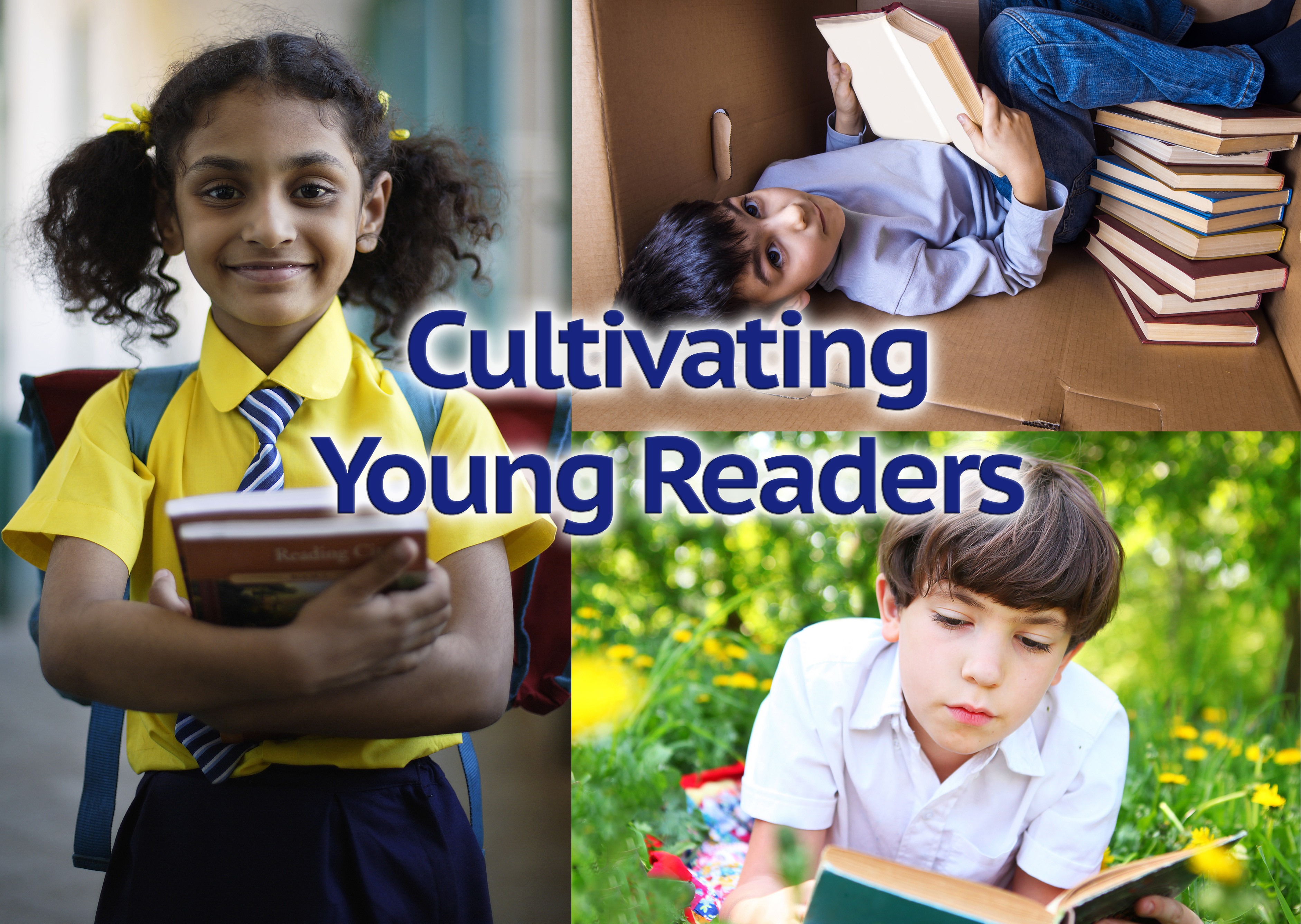

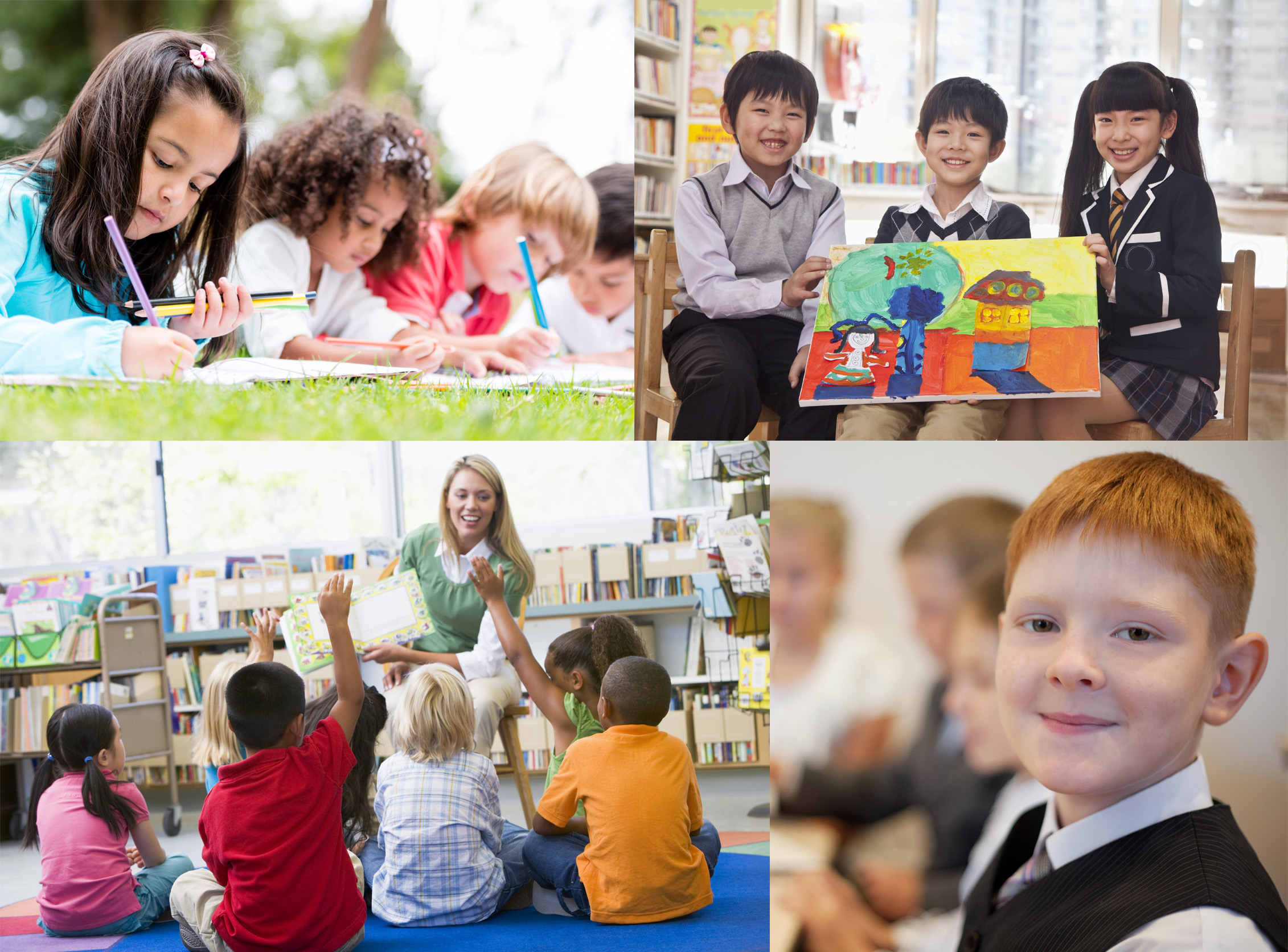
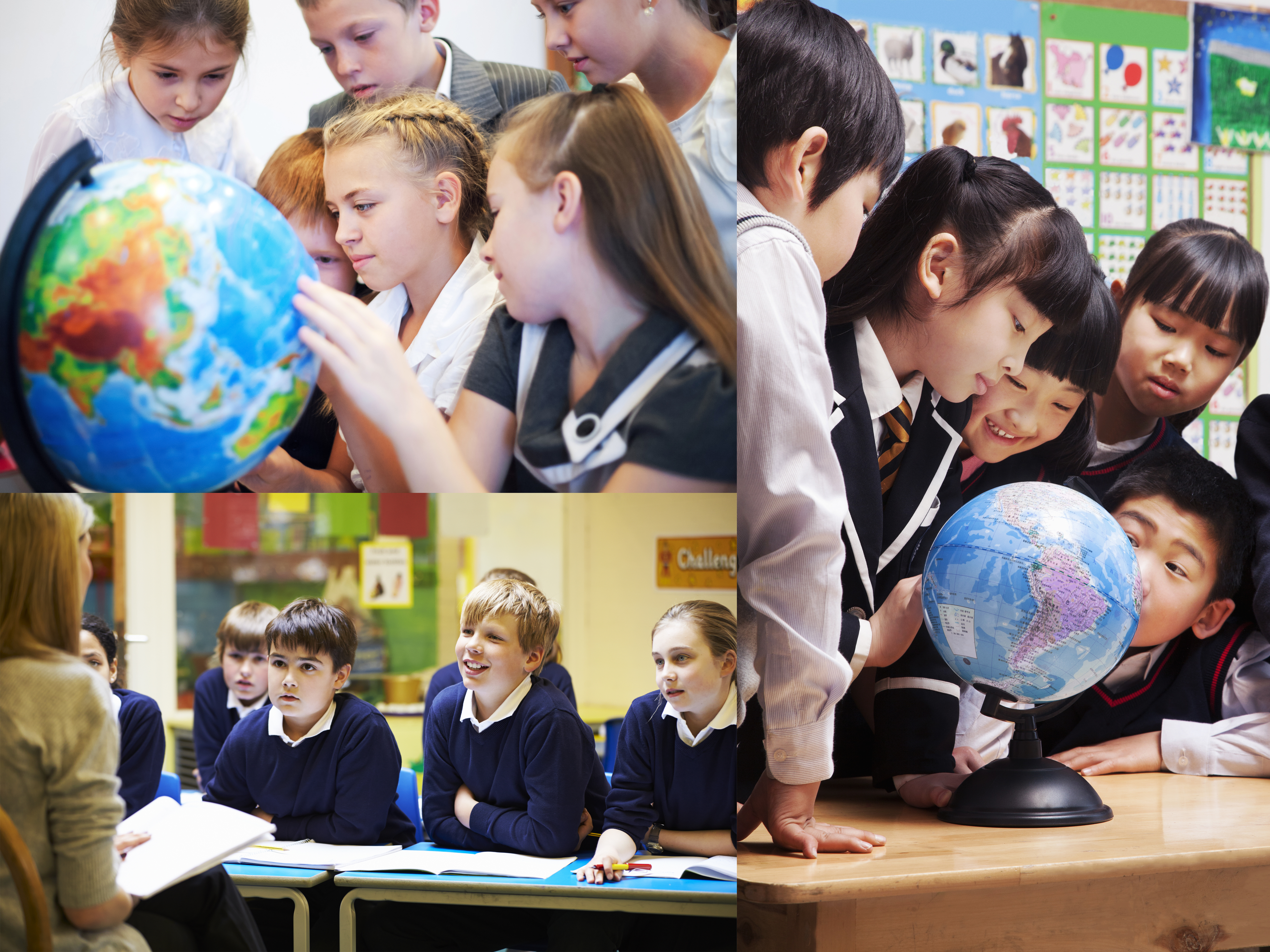
Son Yorumlar